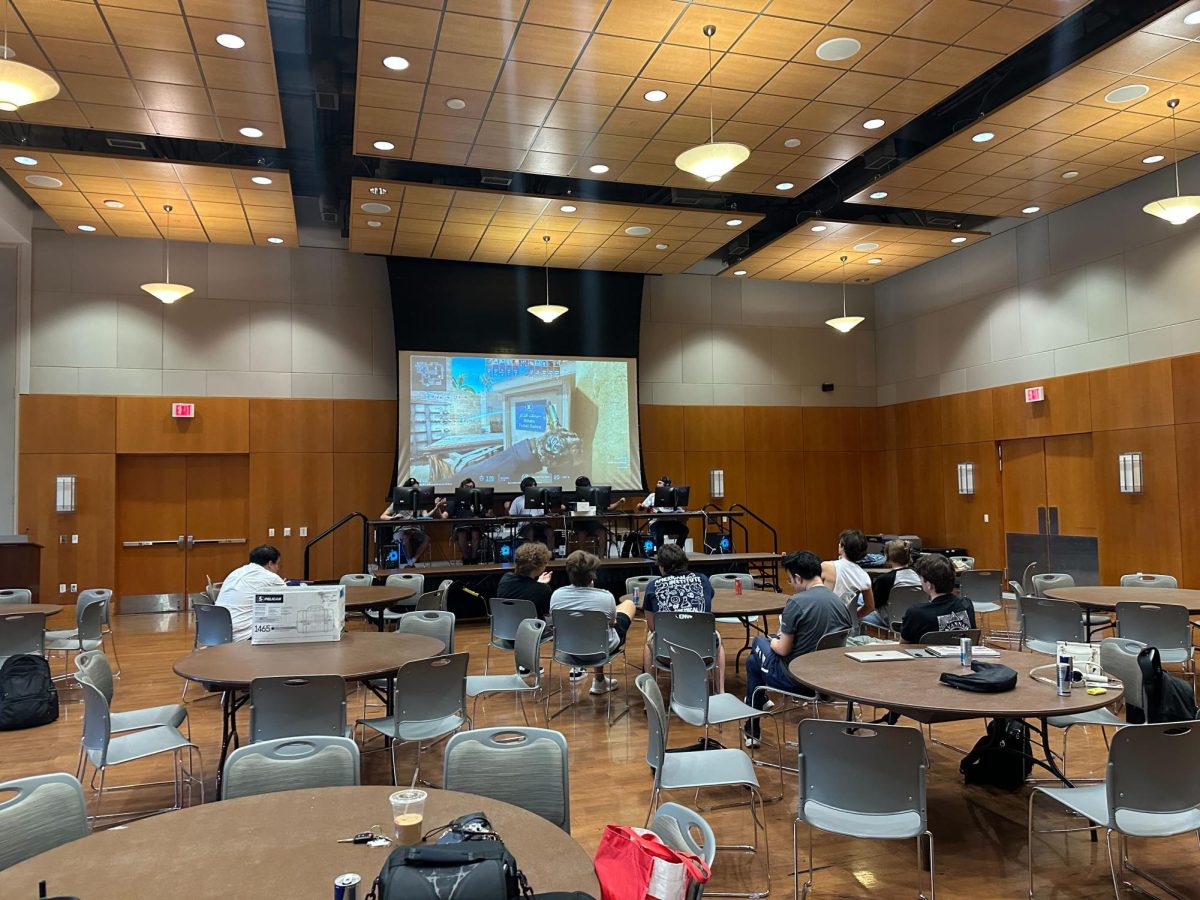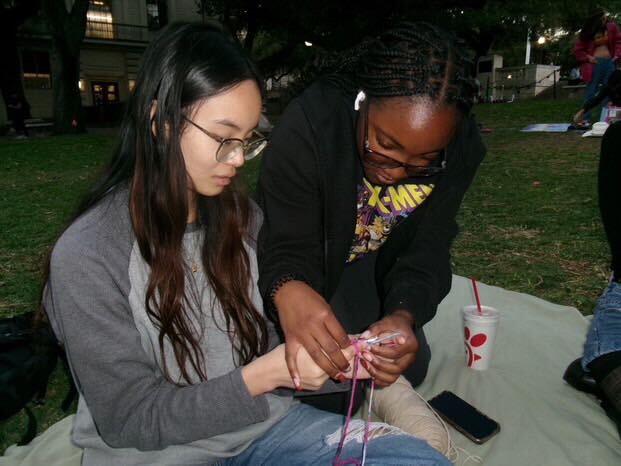If she couldn’t receive in-state tuition after her freshman year, Emily Ries said she wasn’t sure she would be returning to UT.
The problem: Ries was an Illinois resident.
When Ries committed to UT, she intended on establishing residency by working an average of 20 hours per week her first year of college — one of the options for out-of-state students to become a Texas resident.
“The first semester, I didn’t join any orgs or anything,” said Ries, a radio-television-film sophomore. “It was hard seeing people in orgs, meeting more people, having fun, and I’m just going to class and working. I’d be walking back at night from Potbelly to Moore-Hill (Residence Hall) alone. I’d have to change and then start my homework at midnight.”
After a full year of work and paying nonresident tuition, Ries submitted her proof in pay stubs.
“Two hours after I submitted it, I got an email (saying) that I got in-state (status), and I started crying because I was really happy and relieved,” Ries said.
Tuition for nonresidents at UT is at least three times the cost of tuition for Texas residents. Deana Williams, associate director of international admissions, said it’s uncommon for out-of-state students to become Texas residents. For freshmen, Williams said the route Ries chose is most prevalent.
Employment is just one of four options out-of-state students can choose from in order to establish residency. Students must also complete other things, such as switching to a Texas driver’s license and independently filing their taxes.
UT alumna Marissa Messick also worked her first year at UT, but said she established residency through another one of the four options: owning and operating a viable business.
Messick sold jewelry during high school in Colorado. After researching residency options, she said she decided to continue selling jewelry in college and began her business, Premier Designs. She submitted business expense receipts, order forms and other documents after her freshman year and was successful in receiving in-state tuition for her next three years.
“I almost transferred to (University of Colorado Boulder) at the end of my first semester of college,” Messick said in a written message. “I was nervous about getting in-state residency. I was stressed with classes and working part time and running a business all while trying to acclimate to my new life in college and make new friends.”
A third option for out-of-state students is to be the sole owner of a residential property in Texas. Williams said this option, as well as the fourth option of marrying a Texas resident, are prevalent among graduate students. However, with the help of her parents, journalism senior Lacey Goodman was able to establish residency by owning property as an undergraduate.
“It was definitely more my parents’ choice than mine, but they think it was an awesome investment,” Goodman said.
While Goodman’s parents bought the apartment, her name is on the warranty deed, which is required to establish residency. Goodman received in-state tuition by her sophomore year and said her parents may keep the property after she graduates.
While Williams said the majority of out-of-state students don’t change their status, individually these students saved over $39,000 in tuition for their last three years.
















